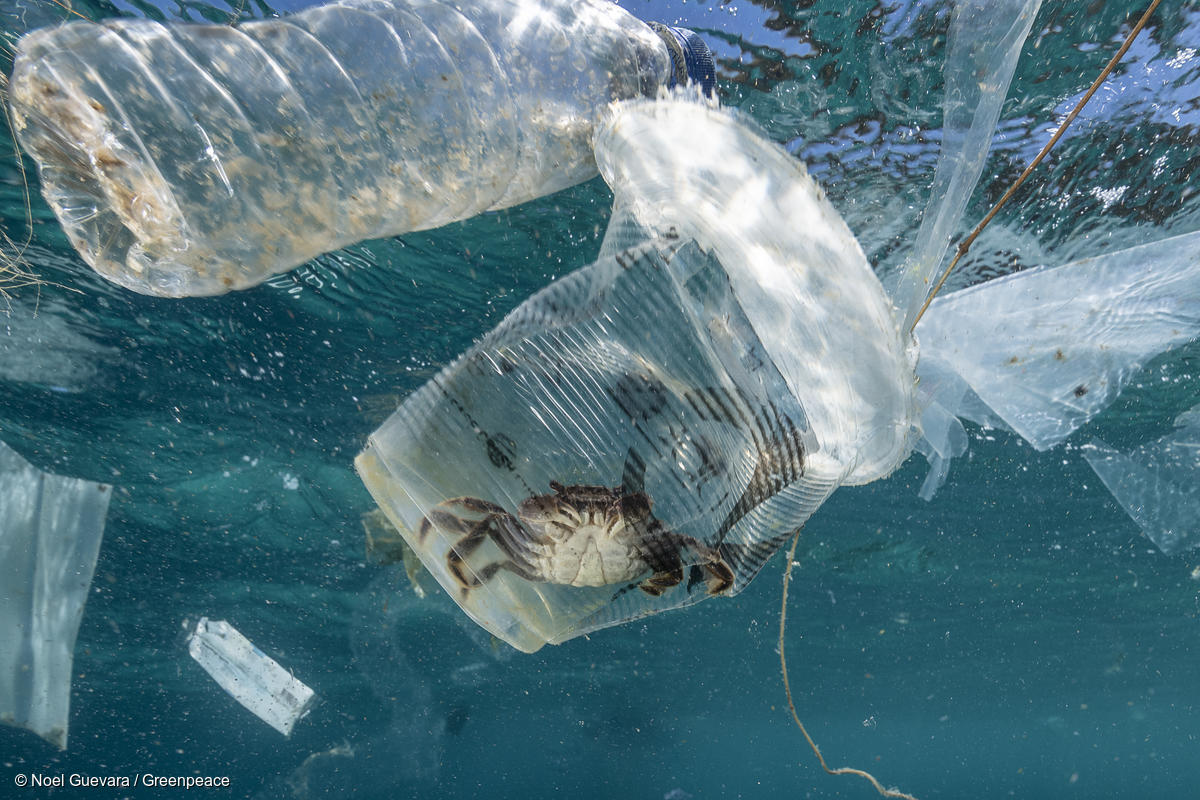
PLASTIC DESTROYS BIODIVERSITY
Plastic pollution is devastating our ecosystems, endangering marine life, and disrupting delicate ecological balance. Over 170 trillion plastic particles are choking the world’s oceans. It’s time to take action and preserve the diversity of life on our planet.

PLASTIC HARMS PEOPLE'S HEALTH
Plastic poses serious health risks to humans. From toxic chemicals leaching into food and water sources, to health hazards caused by plastic production and waste incineration, to microplastics in human bodies, we need to prioritize human well-being by reducing our reliance on harmful single-use plastics.

PLASTIC WORSENS SOCIAL INJUSTICES
The plastic crisis disproportionately affects marginalized communities, including the disruption of livelihood of fisherfolk and low-income communities suffering from plastic-induced flooding. By addressing plastic pollution, we can work towards a more equitable society, ensuring that everyone has access to a safe and a sustainable environment.

PLASTIC FUELS THE CLIMATE CRISIS
99% of plastics are made from fossil fuels and corporations keep making more. Moreover, the plastic life cycle’s greenhouse gas emissions are making matters worse. Cutting production and ending single-use plastic is in line with the goal of keeping global warming below 1.5 degrees.

PLASTIC REDUCTION
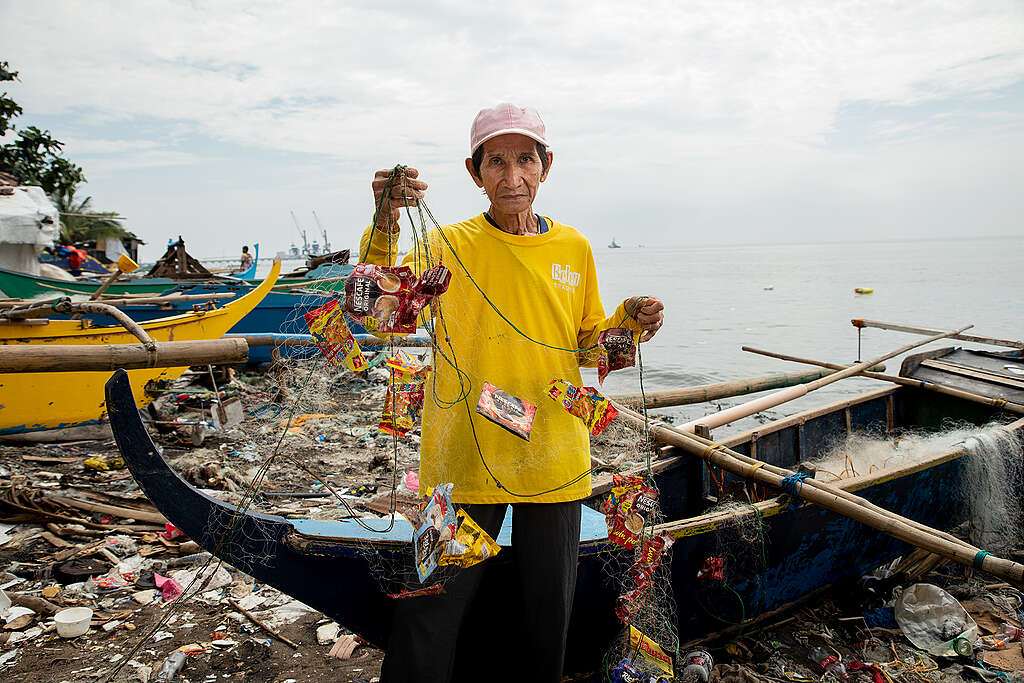
Industry’s present trajectory has plastic production tripling by 2050. Moreover, around 90% of plastics ever produced have not been recycled. Corporations must drastically reduce their single-use plastic production and usage, and transition to plastic-free alternatives, eventually eliminating the need for single-use plastics.
REUSE REVOLUTION
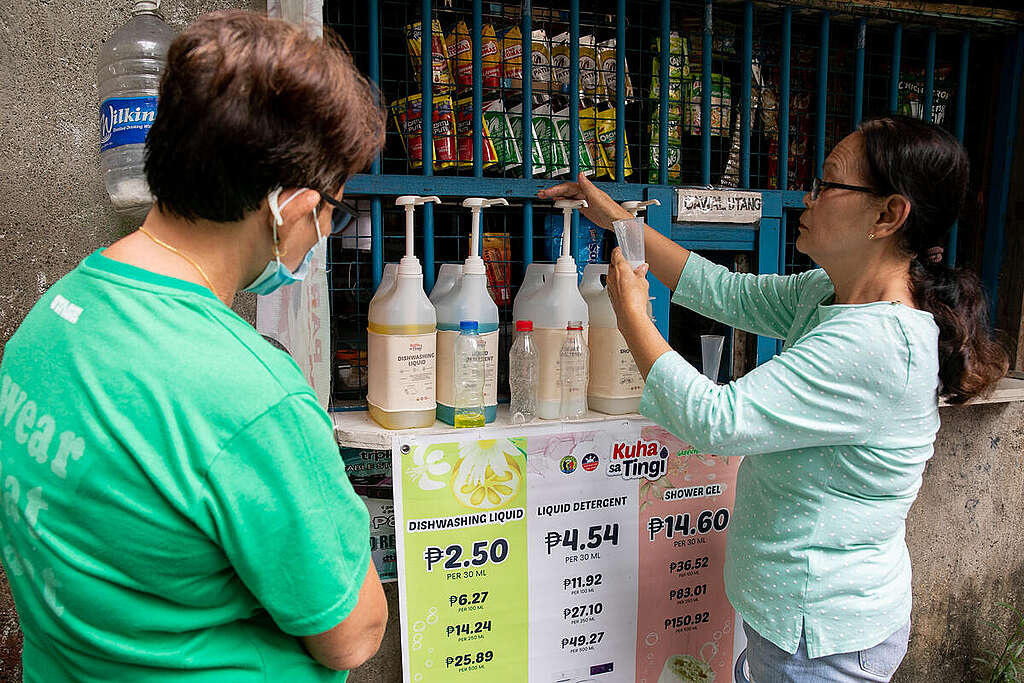
According to the United Nations, around 36% of all plastic used globally goes into packaging, while around a third of all plastic packaging leaks into the environment. Reuse systems could cut plastic pollution by 30% by 2040. Complemented by a drastic reduction in production, a plastic-free future is possible if we make reuse a reality.
PLASTICS TREATY
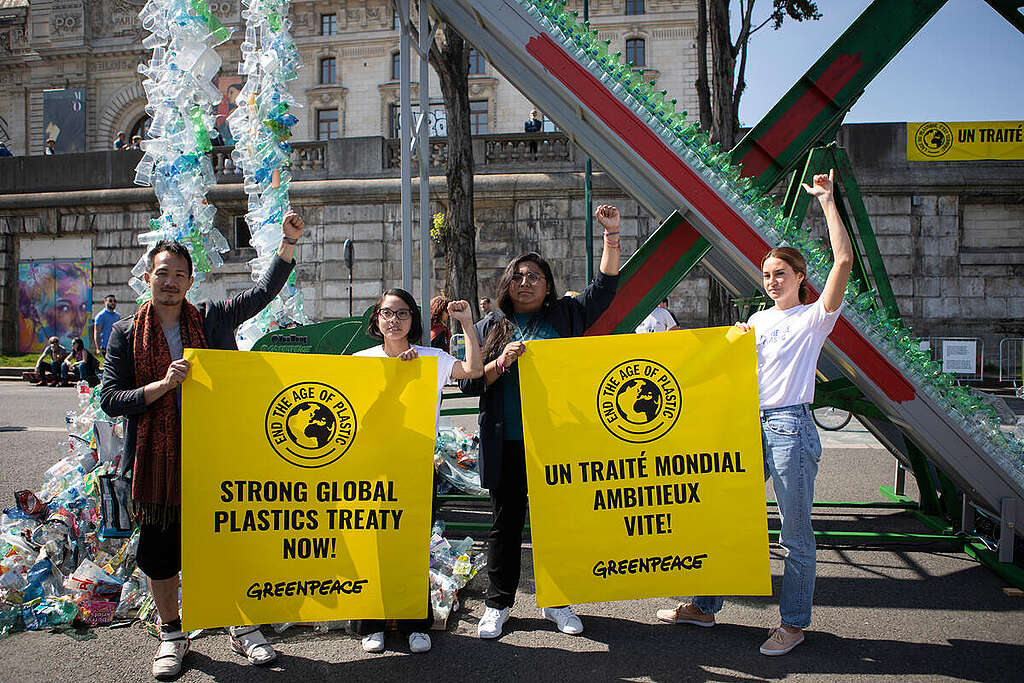
An effective treaty must prioritize protecting biodiversity, safeguarding the climate, and ensuring a just transition to a low-carbon, zero-waste, reuse-based economy. We demand a treaty that will keep oil and gas used to produce plastic in the ground and stop big polluters with their relentless plastic production.
Read more about plastic pollution and solutions. Be inspired by stories written by various Filipino youth, how they imagine a brighter, greener, and plastic-free future that everyone deserves.
-
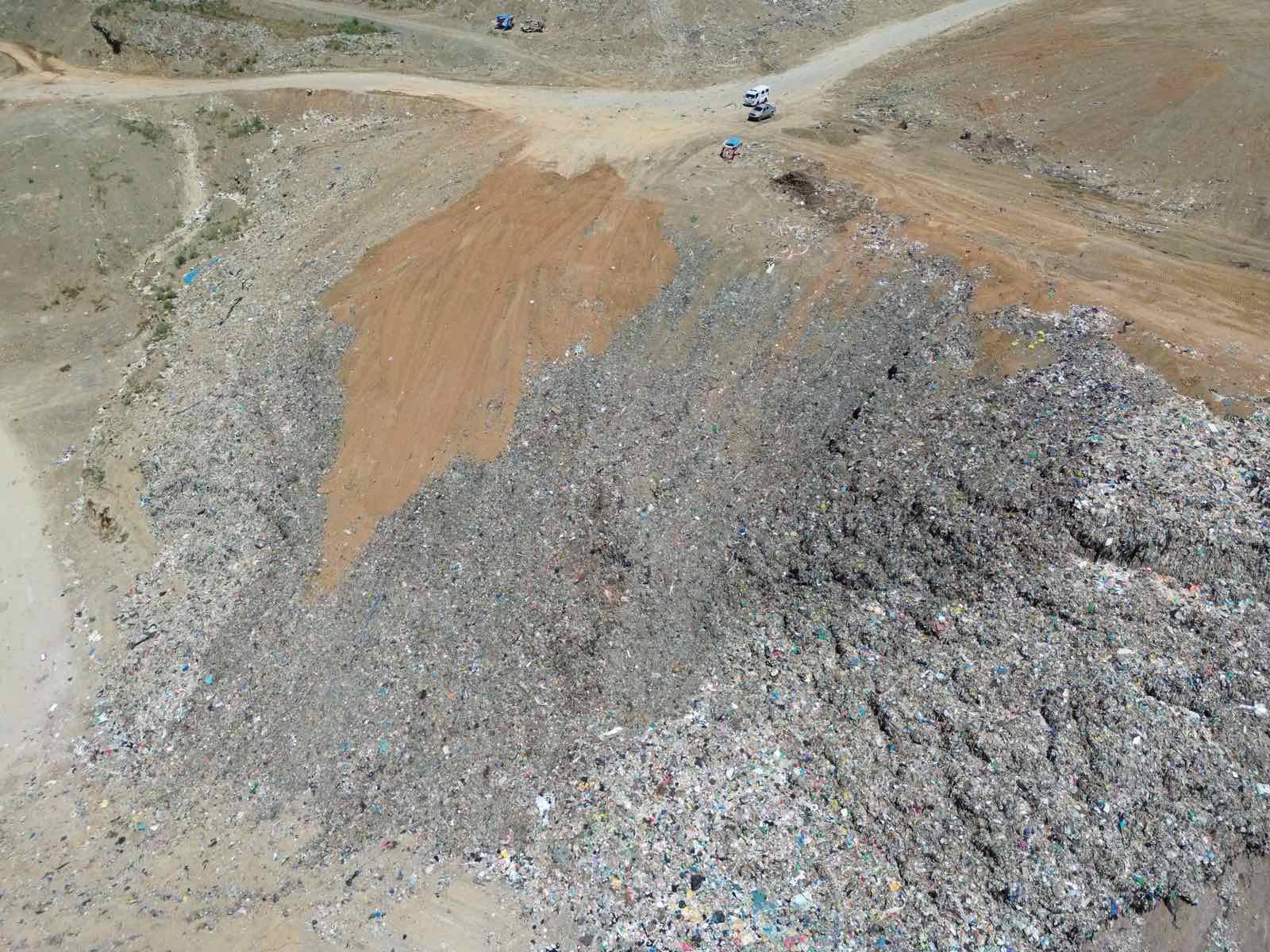
Greenpeace: Rizal landfill collapse exposes gov’t inaction on waste
Weeks after the Binaliw landfill tragedy, which claimed 36 lives, another trash slide incident happened in Rodriguez, Rizal. Reports claim that there are at least three individuals missing since a portion of the landfill collapsed last Friday afternoon.
-
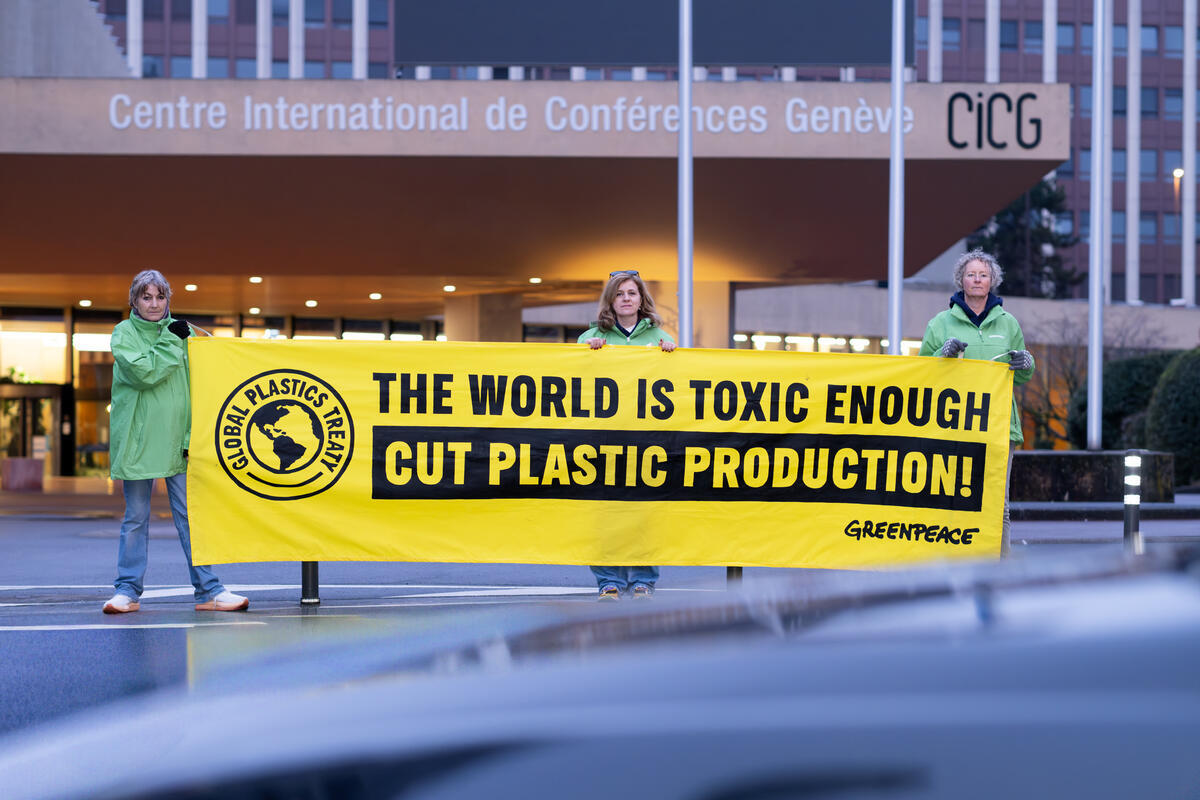
New Plastics Treaty chair must restore trust, transparency, and ambition — Greenpeace
Following the election of H.E. Ambassador Julio Cordano of Chile as the new Chair of the committee tasked with negotiating a Global Plastics Treaty, Greenpeace Philippines said the appointment must mark a turning point for the treaty talks and the start of a renewed effort to rebuild trust in the process, particularly for countries in…
-
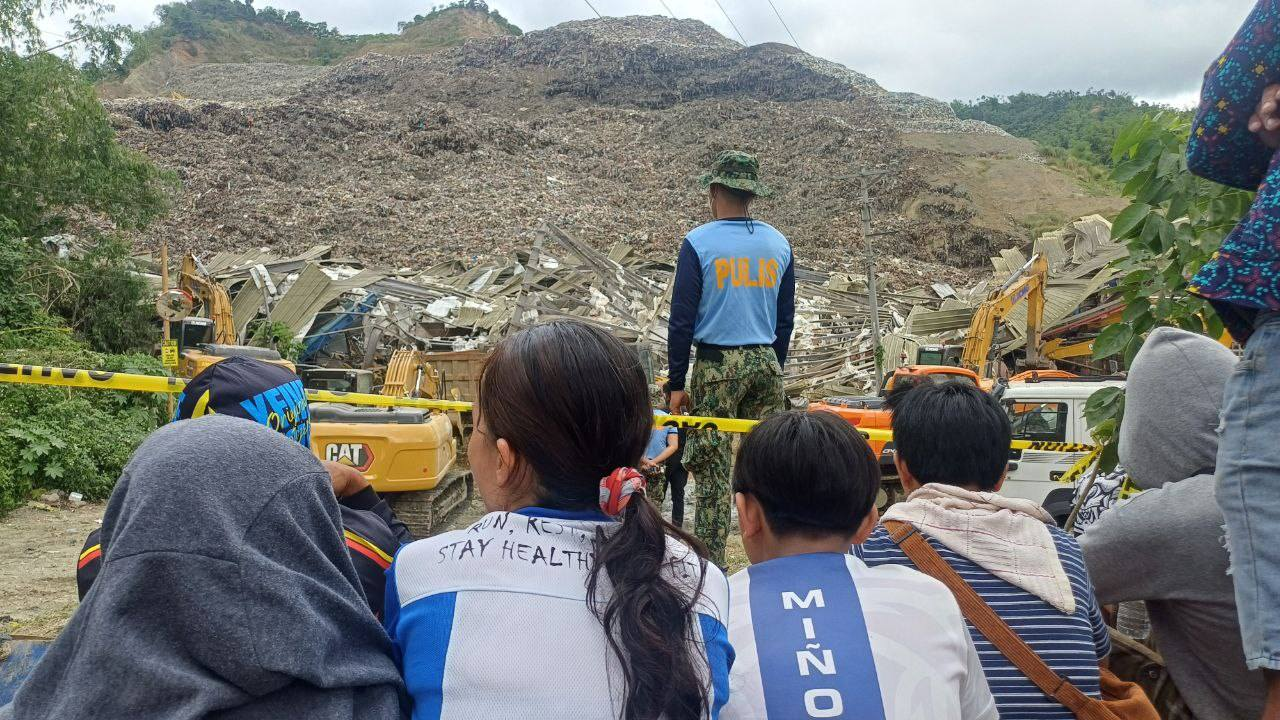
Cebu landfill landslide recalls Payatas tragedy, underscores country’s waste crisis
Greenpeace calls on PH gov to fully implement RA 9003 and enforce plastic reduction
-
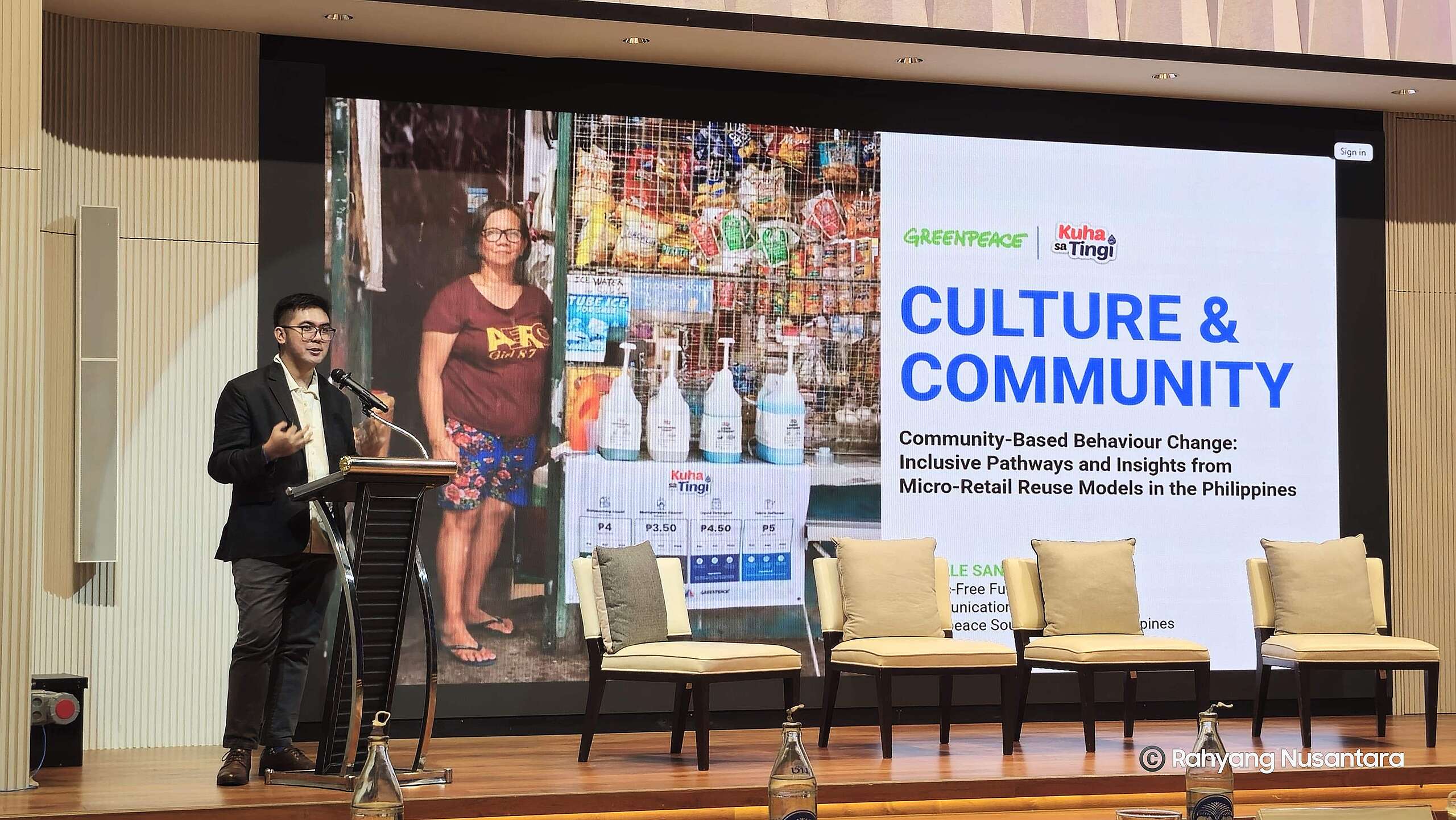
Real change needs real options
In conversations about plastic waste, behavior change is often described as simply a matter of motivation. If people care enough, the thinking goes, they will reduce plastic use. But insights from reuse projects in Southeast Asia tell a fuller story.
